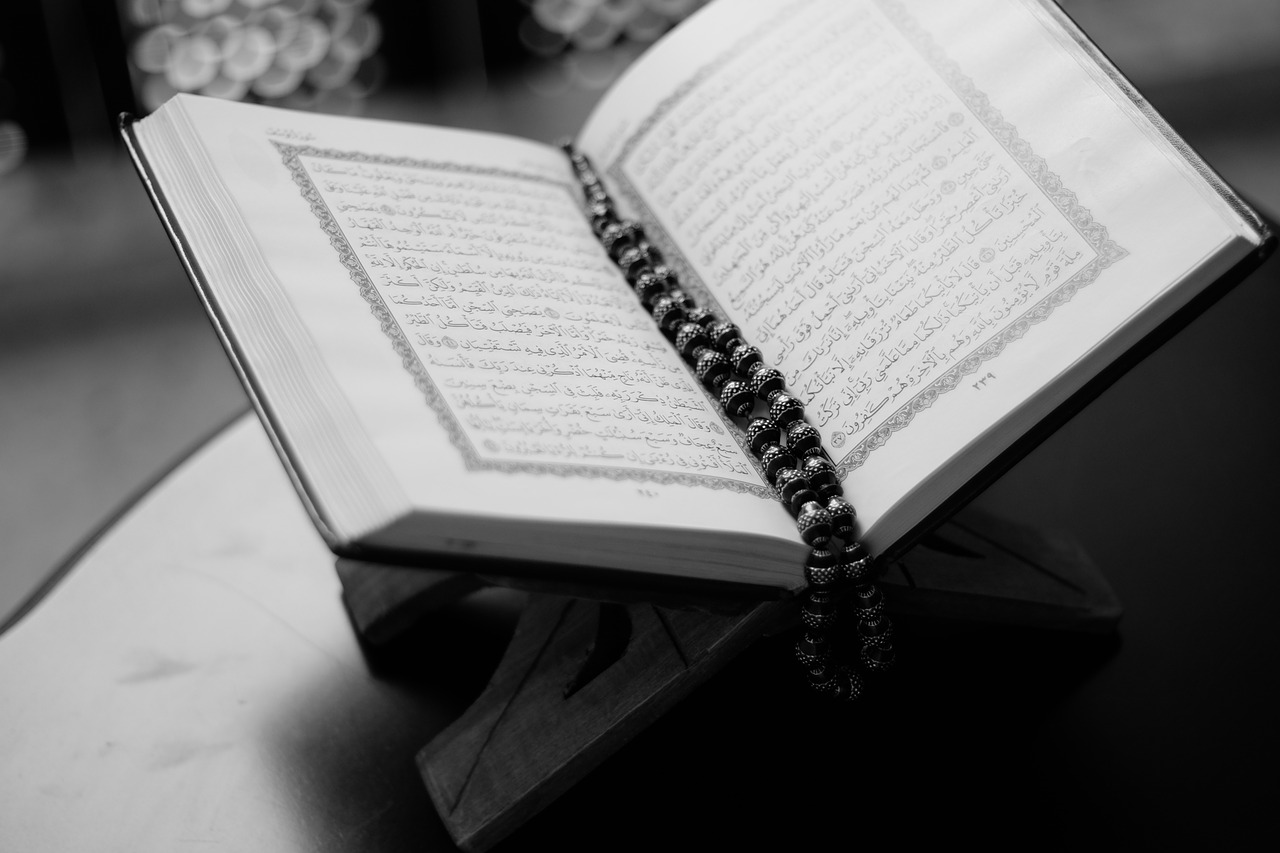Ramadan is the holiest month in the Islamic Hijri calendar. All Muslims are encouraged to increase their level of spiritual and physical obedience to God through abstinence from food, drink, smoking, and the closeness of husband and wife from dawn to dusk.
In 2021, Ramadan begins around April 13. However, the ongoing pandemic has put some “pros” and “cons” to the celebration.
Mosques and prayers
Although Tarawi prayers will be allowed in mosques across the country, they will be subject to certain protocols established by the National Emergency and Crisis Administration (NCEMA).
- The duration of the prayer to Tarawa and Isha is limited to 30 minutes.
- Mosques will close immediately after prayer.
- The women’s prayer halls will remain closed.
- Religion lessons and meetings will only be allowed in virtual mode.
Iftar food and food distribution
To curb the transmission of the virus through food, the authorities have established the following rules.
- Only members of the same family living in the same house can eat iftar together.
- Iftar tents and iftar catering in mosques are prohibited.
- Family and friendly gatherings and the distribution and exchange of food between homes and families are not recommended.
- The distribution of Iftar food is limited to working residential complexes through direct coordination with management, while ensuring strict social distance.
Restrictions for specific areas
In addition to the guidelines established at the national level, the relevant authorities in different cities have also issued rules, depending on the degree of infection in these areas.
Dubai
- Cinemas and gyms can only operate by 50 percent, while shopping malls and hotels are limited by 70 percent.
- Moreover, the capacity of all indoor areas is reduced to 50 percent.
- The number of guests who can visit the hotel’s swimming pool and / or private beaches is limited to 70 percent.
- Pubs and bars are temporarily closed.
- Restaurants and cafes are expected to close until 1 am, and they are not allowed to organize any entertainment events.
- The capacity of indoor spaces, including cinemas, as well as entertainment and sports grounds, is limited to 50 percent.
- International visitors and residents must provide a negative PT-PCR test certificate upon arrival.
- Public gatherings, such as wedding ceremonies or private parties, are limited to 10 participants.
- Only first-degree relatives are allowed to attend the wedding. This applies to ceremonies held in homes, hotels and other places.
- In all cases, the social measures of the distance must be observed at all times.
Abu Dhabi
- Attendance at government and semi-government institutions was limited to 30 percent.
- Weekly PCR tests for unvaccinated workers.
- Swimming pools, private beaches and gyms are limited to 50 percent, while the operational capacity of shopping centers is 40 percent.
- Restaurants, cafes, public beaches and parks make up 60 percent, while taxis and buses make up 45 percent and 75 percent, respectively.
- Cinemas are closed, while gyms are limited to 5 percent capacity.
- Parties and gatherings are prohibited.
- Wedding ceremonies and funerals are allowed, attendance is limited to 10 and 20 participants, respectively.
Sharjah
- Participants in social events and gatherings (such as weddings) held at home should not exceed 20 people.
- You always need to adhere to four meters of social distance. In addition, face masks should be worn constantly.
- It is recommended to avoid any physical contact, such as hugs, handshakes and kisses.
- The duration of such an event should not exceed four hours. Table limits are limited to 50 percent.
Ajman
- All unvaccinated civil servants must undergo a PCR test every seven days.
- This also applies to the Emirates of Umm al-Quwain.
- All food and beverage establishments must be closed for work until midnight.
Ras al-Khaimah
- Distribution of iftar food in front of houses and in public places is prohibited.
- Restaurants serving public utilities must take care of hygiene and wear masks and gloves.
- Iftar food should be packed in boxes or bags that are tightly closed.
- Civil servants who have not yet been vaccinated will have to take a PCR test once a week.

